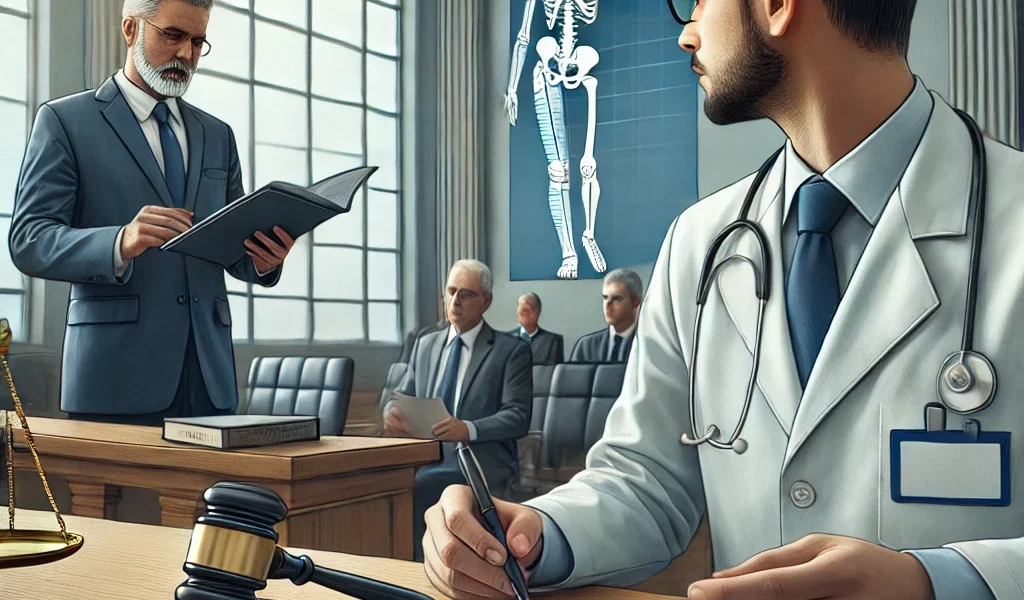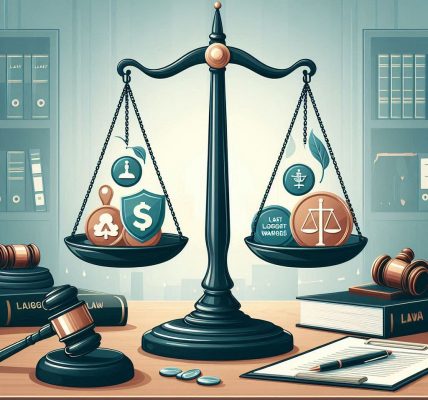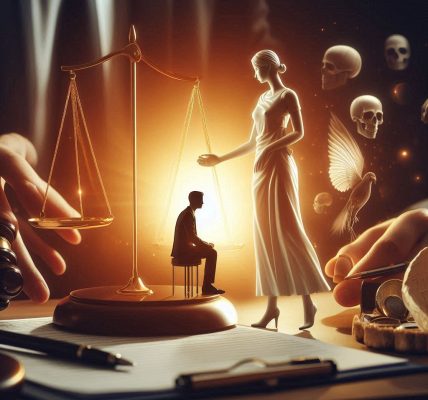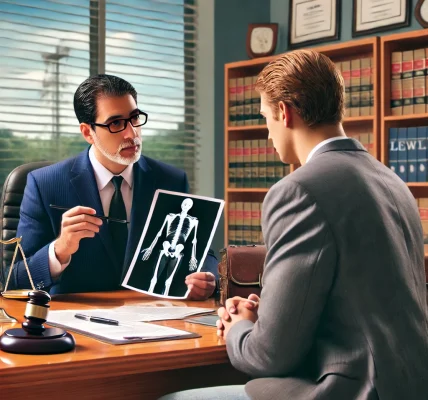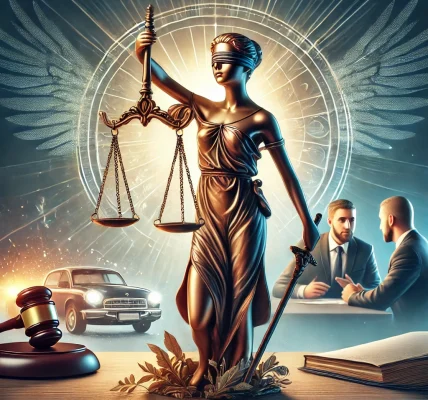In personal injury cases, proving liability and damages often requires more than just witness testimony and basic evidence. This is where expert witnesses play a crucial role. These professionals provide specialized knowledge that helps judges, juries, and attorneys understand complex issues related to the case.
In this article, we will discuss the importance of expert witnesses in personal injury cases, the types of expert witnesses, their impact on the case outcome, and how to select the right expert witness while ensuring compliance with legal and ethical standards.
What is an Expert Witness?
An expert witness is a professional with specialized knowledge, training, and experience in a particular field relevant to a case. Unlike regular witnesses, who testify based on what they have seen or heard, expert witnesses provide opinions and analysis based on their expertise.
Why Are Expert Witnesses Important in Personal Injury Cases?
- Clarifying Complex Issues: Many personal injury cases involve technical, medical, or scientific details that are difficult for a judge or jury to understand. Experts simplify these details.
- Establishing Liability: In cases of medical malpractice, product liability, or car accidents, experts help determine whether negligence occurred.
- Quantifying Damages: Medical and financial experts assess the extent of injuries and financial losses, helping to justify compensation claims.
- Strengthening a Case: Expert testimony can make a case more persuasive, influencing settlement negotiations and trial outcomes.
Types of Expert Witnesses in Personal Injury Cases
Different types of expert witnesses may be required depending on the nature of the case. Below are the most common categories:
1. Medical Experts
Medical professionals, such as doctors, surgeons, and forensic pathologists, play a crucial role in personal injury claims. They help establish:
- The severity of injuries
- Required treatments and future medical needs
- Whether an injury resulted from an accident or pre-existing condition
2. Accident Reconstruction Experts
In motor vehicle accident cases, accident reconstruction specialists use physics, engineering, and data analysis to:
- Determine how an accident occurred
- Establish the speed and position of vehicles
- Assess the actions of drivers before and after impact
3. Economic Experts
An economic expert or forensic accountant assesses financial losses resulting from an injury. Their expertise includes:
- Lost wages and earning potential
- Future financial losses due to disability
- Cost of long-term medical care and rehabilitation
4. Engineering and Product Safety Experts
In cases involving defective products, structural failures, or workplace injuries, engineers and safety experts determine:
- Whether a product or structure was defective
- If safety regulations were violated
- How the defect contributed to the injury
5. Vocational Experts
These experts assess a victim’s ability to work after an injury. Their testimony helps establish:
- Whether an individual can return to their job
- The need for vocational retraining
- Loss of earning capacity due to permanent disabilities
How Expert Witnesses Impact Personal Injury Cases
1. Strengthening Claims of Negligence
To win a personal injury case, the plaintiff must prove that the defendant was negligent. Expert witnesses provide credible testimony that supports this claim.
2. Enhancing Settlement Negotiations
Insurance companies are more likely to offer fair settlements when strong expert testimony supports the claim. The presence of a well-qualified expert can pressure insurers into settling rather than going to trial.
3. Persuading Judges and Juries
In cases that go to trial, an expert witness’s testimony can significantly influence the judge or jury’s decision. A knowledgeable expert who explains evidence clearly and convincingly can tilt the verdict in favor of the plaintiff.
Selecting the Right Expert Witness
Choosing the right expert witness is crucial to building a strong case. Here are key factors to consider:
1. Qualifications and Credentials
An expert must have relevant educational qualifications, certifications, and industry experience. Their credentials should align with the issues in the case.
2. Experience in Testifying
An expert who has previously testified in court will be more effective in presenting evidence and handling cross-examinations.
3. Credibility and Impartiality
The expert should have a strong reputation and no history of bias. A witness who appears biased can weaken the case.
4. Clear Communication Skills
A good expert witness should be able to explain complex concepts in simple terms that a jury can understand.
Legal Considerations When Using Expert Witnesses
1. Expert Witness Disclosure Rules
Courts often require parties to disclose their expert witnesses before trial, including:
- The expert’s qualifications
- A written report detailing their opinions
- A list of past cases where they testified
2. Cross-Examination by the Opposing Party
Defense attorneys may challenge an expert’s credibility, qualifications, and testimony. Ensuring that the expert has strong credentials and experience is key.
3. Daubert and Frye Standards
Courts use legal standards like the Daubert Standard or Frye Standard to determine whether expert testimony is admissible. The testimony must be based on reliable scientific methods and generally accepted principles in the field.
Common Challenges When Using Expert Witnesses
While expert witnesses can be beneficial, they also come with challenges:
- High Costs: Hiring an expert can be expensive, with fees for analysis, reports, and testimony.
- Opposing Expert Witnesses: The defense may present its own expert witness, leading to conflicting testimony.
- Credibility Attacks: If an expert has a history of biased testimony or lacks strong credentials, their credibility may be questioned.
Conclusion
Expert witnesses play a vital role in personal injury cases by providing specialized knowledge that helps establish liability, prove damages, and strengthen legal arguments. Whether it’s a medical expert explaining the severity of an injury, an accident reconstructionist detailing the cause of a crash, or an economist assessing financial losses, their testimony can significantly impact case outcomes.
Choosing the right expert, ensuring they meet legal standards, and preparing for potential challenges are key to maximizing their effectiveness. If you are involved in a personal injury case, consulting with a skilled attorney who understands how to use expert witnesses effectively can greatly enhance your chances of securing fair compensation.
For personalized legal guidance and expert support in your personal injury case, consult a qualified attorney today!
